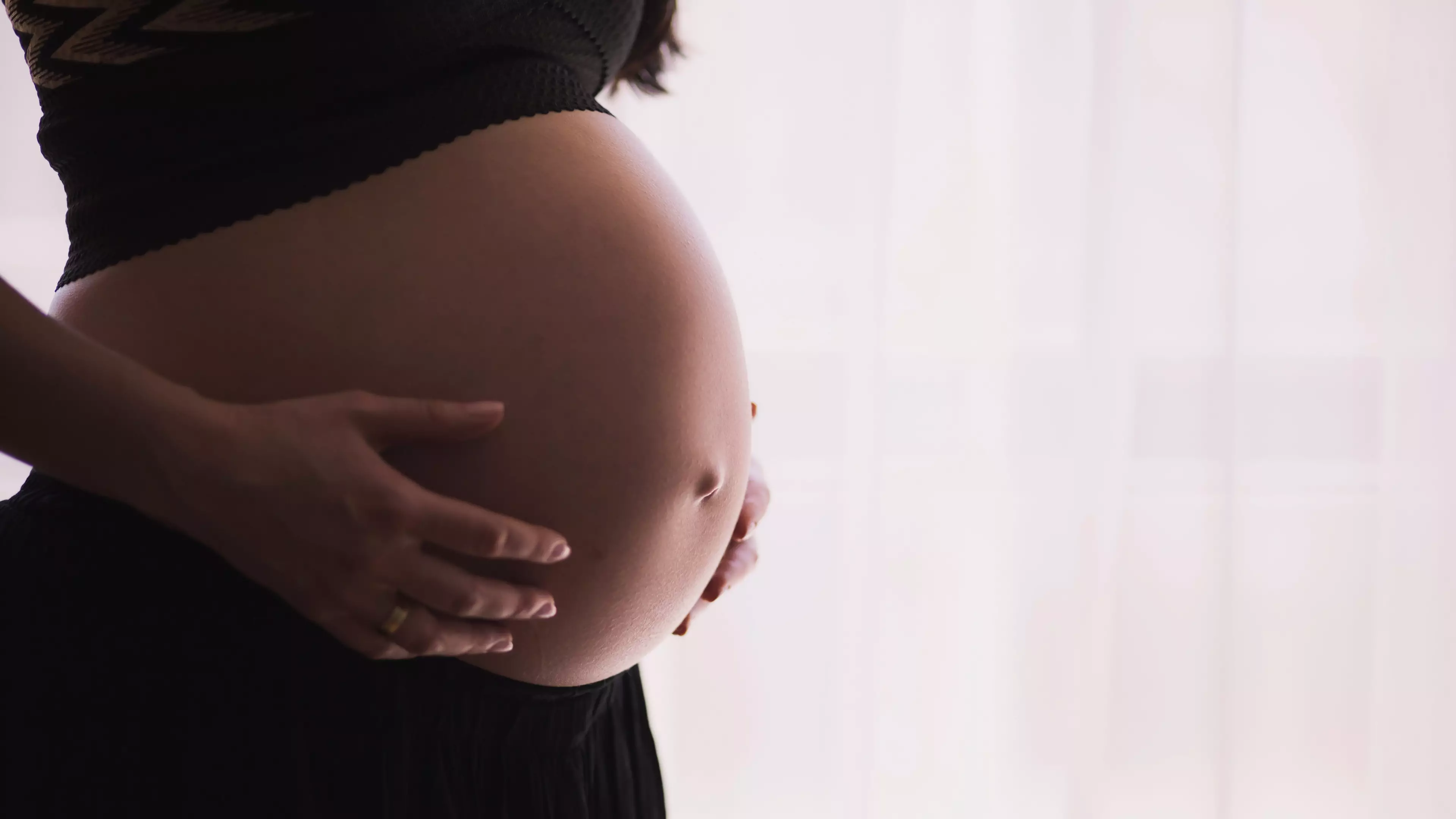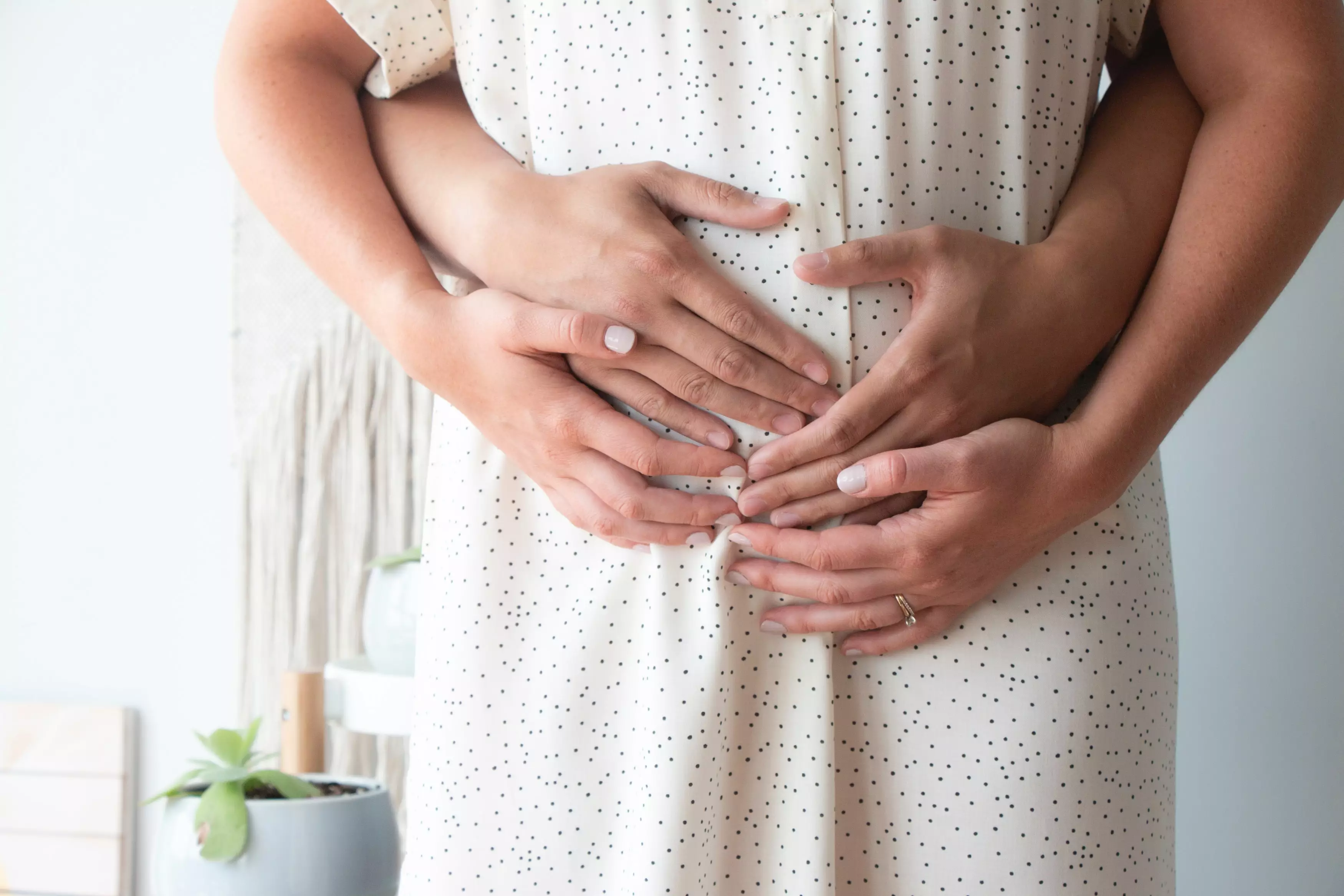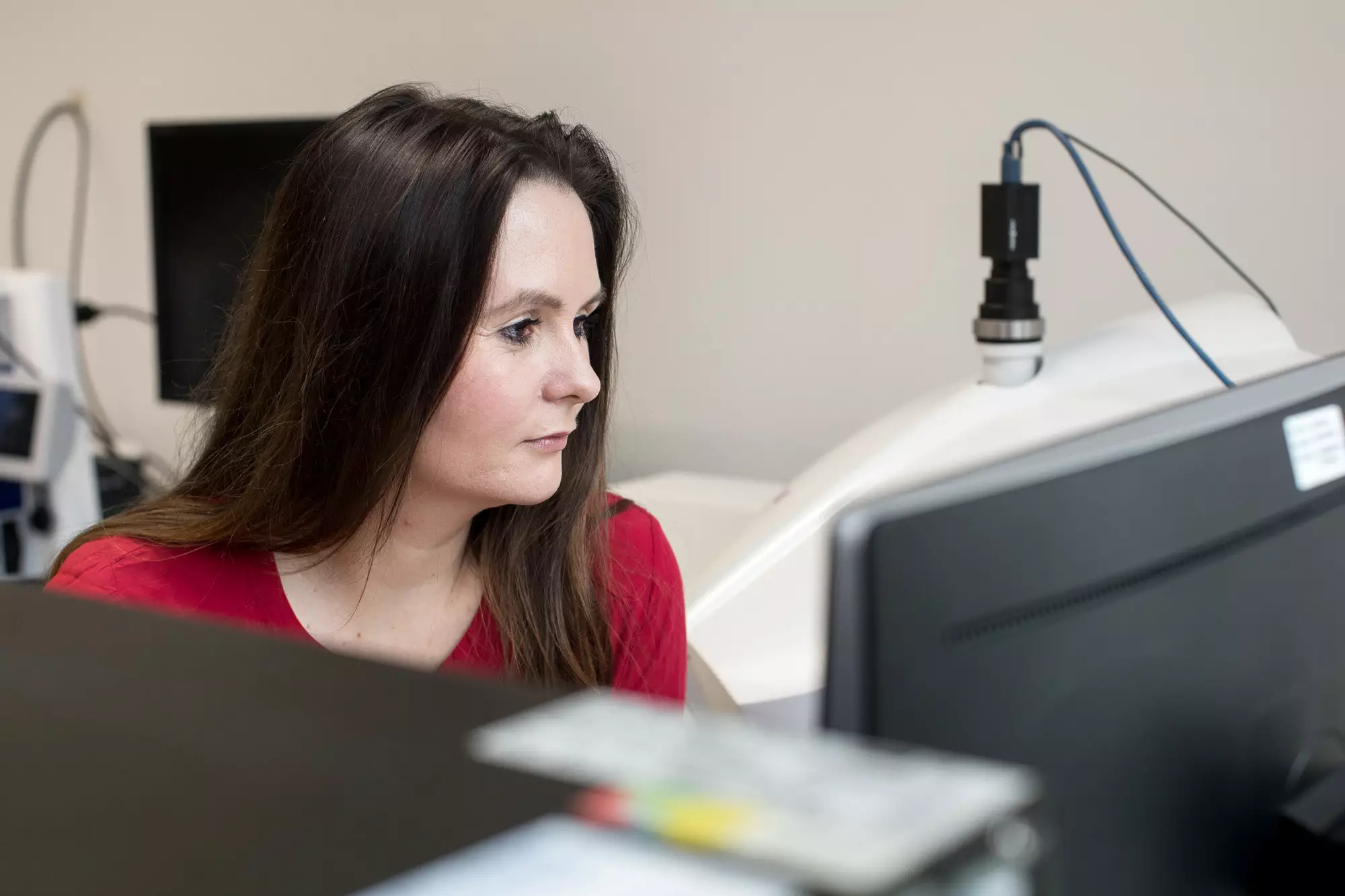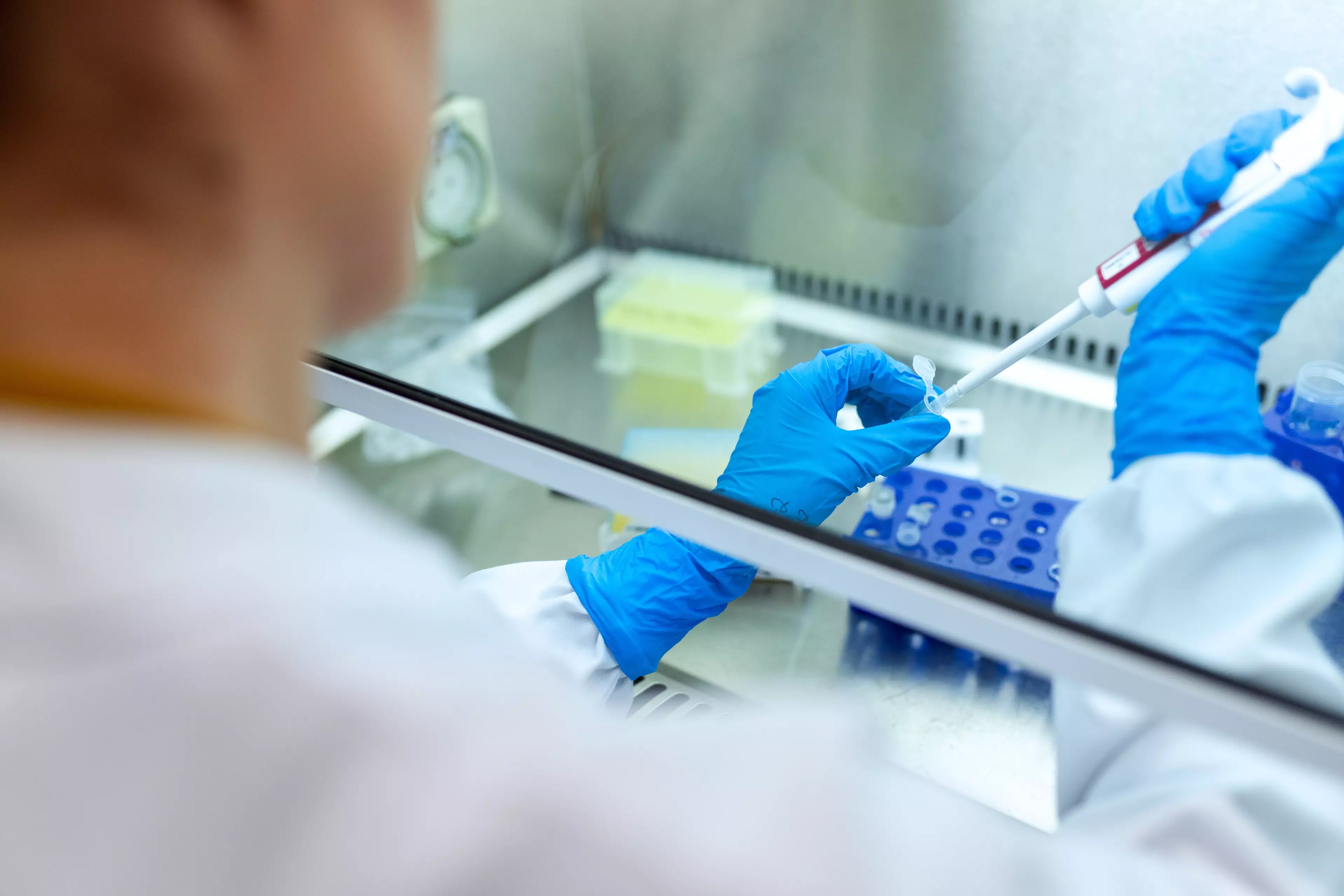
A way of treating the potentially fatal condition pre-eclampsia may have been discovered by scientists.
The condition affects thousands of pregnant women every year. It reduces the flow of blood through the placenta which, if left untreated, can lead to stillbirth or maternal death.

Pre-eclampsia usually develops after the 20th week of pregnancy. Signs of the condition include high blood pressure and protein in the urine (proteinuria).
Advert
The condition affects up to one in 14 pregnant women, which equates to around 42,000 pregnancies a year in the UK (six per cent).
Celebrities like Beyoncé, Kim Kardashian and Serena Williams have all suffered from pre-eclampsia.
Up to now, the only 'treatment' option for pre-eclampsia has been a preterm delivery, but many premature babies have a lower chance of survival or may have disabilities.

But German scientists, lead by Dr. Nadine Haase of the Berlin-based Experimental and Clinical Research Centre (ECRC), have reportedly made a breakthrough.
Advert
The study hinges on finding a drug to regulate blood pressure (also called a RAAS blocker) that can be safely administered to pregnant women without harming the unborn baby.
Dr Haase said: "We know that the endogenous renin-angiotensin-aldosterone system (RAAS), which regulates blood pressure as well as water and electrolyte balance, is disrupted in women with the disease.
"However, those agents already known to intervene in the RAAS system cannot be administered to pregnant women, because they could harm the unborn baby, especially impairing kidney development."

With the help of German and American academics, Dr Haase set out to discover if small interfering RNA (siRNA) molecules developed by pharmaceuticals company Alnylam could alleviate the symptoms of pre-eclampsia without harming the foetus.
Advert
Dr Haase said: "The siRNA we are using slows the production of the hormone angiotensinogen (AGT) in the liver.
"AGT is a precursor of angiotensin. As a result, the siRNA acts on the RAAS system in regulatory manner."
Dr Haase and her colleagues tested the siRNA on rats and found that their symptoms of pre-eclampsia decreased.
Dr Haase said: "As hoped, we observed a decrease in the symptoms of preeclampsia in the treated rats.
Advert
"Their blood pressure fell and the proteinuria disappeared."
Crucially, this process happened without the siRNA becoming detectable in the placenta.
The research team also studied whether the treatment affected organ development in the rats' offspring, and found there were no negative effects.
Advert
Dr Haase said: "We did not find any negative effects in the rat foetuses nor in the foetuses that were delivered.
"The siRNA therapy thus appears to be safe, at least in animals."
The study has provided the data required for a clinical trial but further basic research is needed first.

Study senior author Professor Ralf Dechend said: "Developing an RAAS blocker that does not cross the placental barrier and cause harm to the child is one of the greatest challenges in prenatal medicine."
The results are promising. Alnylam is now planning to conduct its first therapeutic trial with pregnant women.
Featured Image Credit: Unsplash